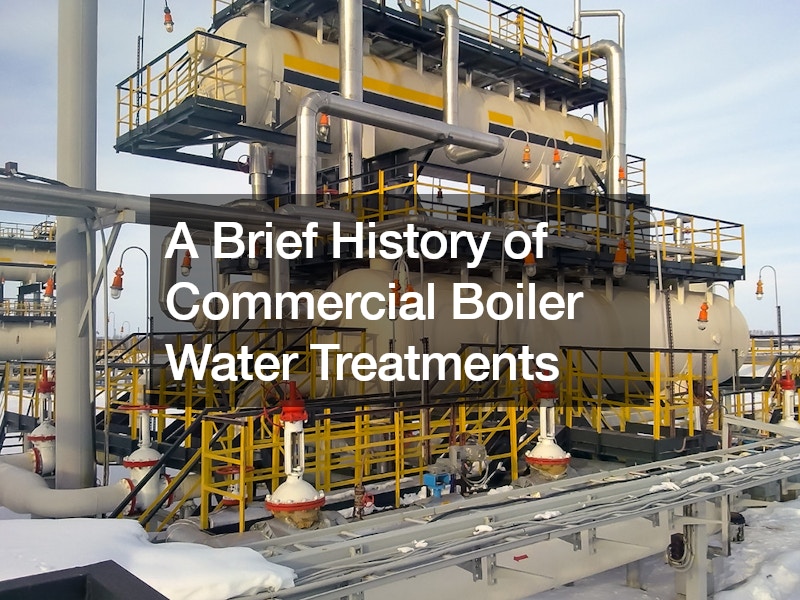Commercial boiler water treatments enhance the efficiency, lifespan, safety, and environmental sustainability of operations. These treatments have evolved significantly over the decades to ensure efficient and safe operation of industrial heating systems.
Initially, in the late 19th century, boilers faced severe challenges from scale formation and corrosion due to untreated water. This led to frequent breakdowns and reduced lifespan of equipment.
The early 20th century saw the advent of basic water treatment methods such as mechanical filtration and periodic blowdowns to control impurities. However, these methods were rudimentary and often insufficient for the demands of expanding industries.
By the mid-20th century, advancements in chemistry and engineering ushered in more sophisticated treatments. Chemical additives became commonplace, targeting specific issues like scale and corrosion. This era marked a significant improvement in boiler efficiency and longevity.
In recent decades, environmental concerns and technological advancements have further refined commercial boiler water treatments. Modern treatments include advanced monitoring systems, eco-friendly additives, and precise dosing technologies to optimize performance while minimizing environmental impact.
Today, commercial boiler water treatments are integral to industries worldwide, ensuring operational efficiency, safety, and compliance with environmental regulations. Ongoing research continues to innovate treatments, promising even more efficient and sustainable solutions for the future of industrial heating systems.
.



